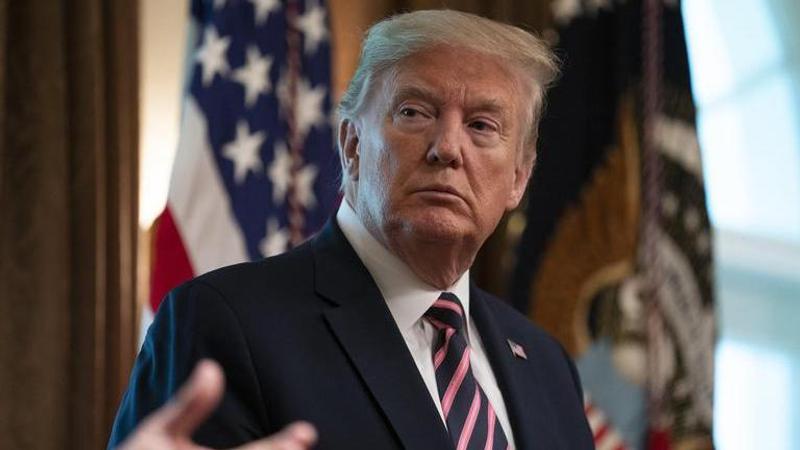Published 18:07 IST, March 13th 2023
Is US heading for Great Depression far bigger than that of 1929? Here's what Trump says
Former US President Donald Trump thinks that the US is heading for another Great Depression. He has blamed the current president, Joe Biden.

Image: AP | Image:
self
- Listen to this article
- 3 min read
Advertisement
18:07 IST, March 13th 2023
